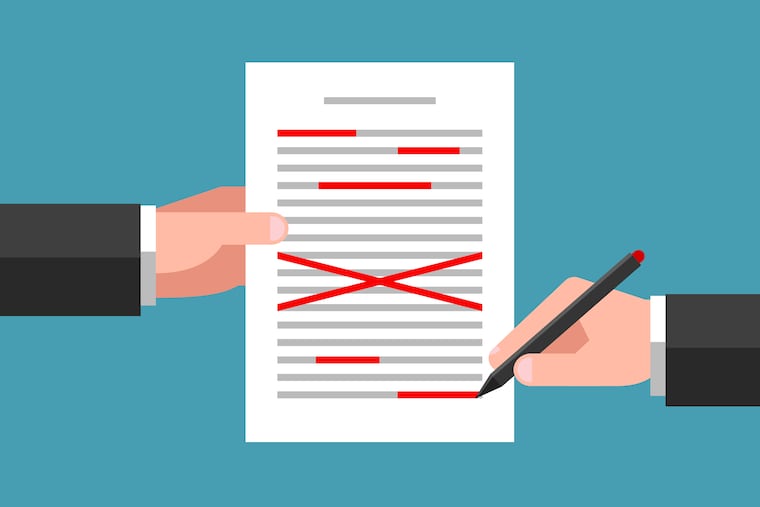The bigger the boss, the shorter your emails should be | The Angry Grammarian
The Washington Post recently reported that the CEO of Huawei told employees to write shorter memos with fewer adjectives. The Angry Grammarian is here for it.

After the Modern American Empire falls to the People’s Republic of China, and the Chinese Communist Party wields control of our country from sea to shining sea, we’ll only have ourselves to blame — and our adjectives.
Last month, China took a great leap forward. The Washington Post recently reported that Ren Zhengfei, founder and CEO of Huawei, told the company’s 197,000 employees to write shorter memos with fewer adjectives. At the world’s 49th-largest company, concise writing is now corporate dictum.
Excuse me while I go buy a plane ticket.
That internal memo you’re writing? Cut it down, Ren said. He even gives word limits determined by the rank of the memo’s recipient. The more money that person makes, the fewer words you’re allowed to write.
Forget military might; this is the path to international conquest.
Ren thinks — and he’s not alone — that his employees’ writing needs more discipline. He sees business advantage in improving the way everyone writes, because concise writing is clearer. If your language is unclear, he said, “you may call the wrong order during a battle.” A former Chinese army engineer, he is willing to impose writing discipline by fiat.
It might sound totalitarian, but this is the kind of spark that can change how a country writes. When a workforce the size of Little Rock, Ark., is forced to adopt stricter writing standards, and gets in the habit of cutting flab from emails, the ripple effects can be enormous.
Most writing can be improved with trimming. After I complete this column, I will go back to the first word and keep rereading it until I can’t find more words to cut.
If you’re not doing the same with everything you write, you’re doing it wrong. Huawei, it seems, has figured this out. And it’s coming for the adjectives first.
Not all modifiers are bad, of course. This column has plenty of adjectives and adverbs, and each one is flawless.
But how many noun-adjective combinations can you eliminate by choosing a better noun? How many adverb-verb combos could be more concise with a more descriptive verb? But most writers are lazy, so they don’t bother. “Write with nouns and verbs, not adjectives and adverbs,” Strunk and White admonished in The Elements of Style — a guide that’s problematic, but canonical for a reason.
It’s possible to look askance at Huawei’s motives. Ren’s passion for concision could be about language, or it could be related to the company’s recent legal troubles with record-keeping. In a number of incidents — including one involving Huawei’s chief financial officer, who’s also the CEO’s daughter — the company has gotten in trouble with documents that its leadership would rather be cut down and eventually deleted. (In addition to writing shorter emails, Ren wants his employees to delete their old emails. Yes, pretty much all of them.)
In the U.S., we’re fans of the paper trail, so some sticks might need to be replaced with carrots for America’s capitalist leanings. Instead of the recipient’s pay grade dictating how long an email can be, let’s incentivize. The shorter and clearer your memos, the higher your pay.
Writing just subjects and verbs? You’re the boss now.
A few years of that, and America will be back on top in no time.
The Angry Grammarian, otherwise known as Jeffrey Barg, looks at how language, grammar, and punctuation shape our world, and appears biweekly. Send comments, questions, and míngcí to jeff@theangrygrammarian.com.
Read more from The Angry Grammarian
In police report on George Floyd’s murder, aggressive use of passive verbs lets cops off the hook
White supremacist Tucker Carlson got something right — and that’s literally terrifying
Don’t @ me: These new dictionary entries show how our language changed last year